When Jokes Go Too Far
Recently, Young Men’s Leadership Academy (YMLA), a 6-12th grade school based in Fort Worth, Texas, grappled with an issue involving an unofficial “barstool” account on Instagram run by students.
Social media plays a huge role in high school life, and few examples illustrate this better than these “Barstool” accounts. These accounts typically focus on commentary about local sports or candid moments within high schools. The original “Barstool” account is a sports website and social media presence with a large following. While that is the only “official” one, it has inspired many similar, independent accounts.
While these accounts often post content before sports games, such as playfully trash-talking rival teams, or highlight student-athletes, the student-run account at YMLA devolved into inappropriate personal attacks. The YMLA Barstool account crossed the line of what is school-appropriate, misrepresenting the YMLA brand, leading to unforeseen consequences, and ultimately demonstrating how social media can be used to take jokes too far.
The Impact on YMLA's Reputation
The Barstool account associated with YMLA tarnished the school’s reputation by promoting behavior that undermines the values and standards of the academic community, blurring the line between student expression and the school’s image.
At YMLA, a core value is to cultivate and empower young men with integrity. The “barstool” page completely disregarded this principle by using its social media presence to harass others without their consent. For example, several students questioned the account’s creator in a post’s comment section. Furthermore, a former YMLA student even asked the page owner to “delete” a post, only to be mocked and insulted by the page owner.
It’s plausible that this type of behavior contributed to that student leaving YMLA. This potential issue cannot be associated with YMLA’s reputation if it wants to maintain a healthy and supportive student environment. According to legal sources, school appropriateness requires that a child “meaningfully benefit” from their educational program “safely.” A page like this violates those guidelines, as it jeopardizes the safety of students who may be subjected to harassment and bullying.
When parents research YMLA, they may find this “barstool” page, which presents a negative image of YMLA and its culture. A coach at YMLA, for instance, denounced the page to her athletes and expressed concern about the YMLA brand being associated with content that appeared on the account. Moreover, colleges often research schools and students during the application process, and a tarnished school reputation can harm a student’s chances of college acceptance.
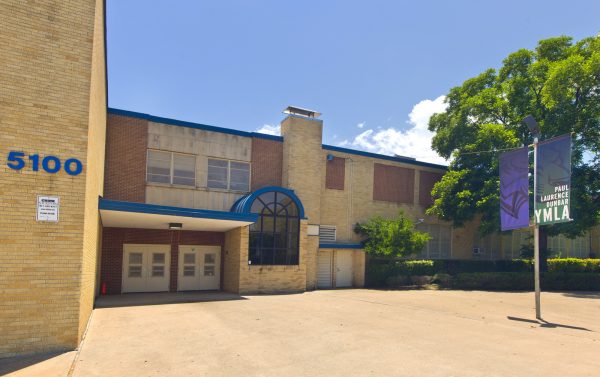
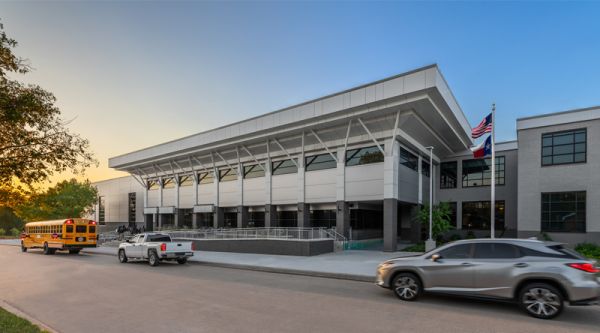
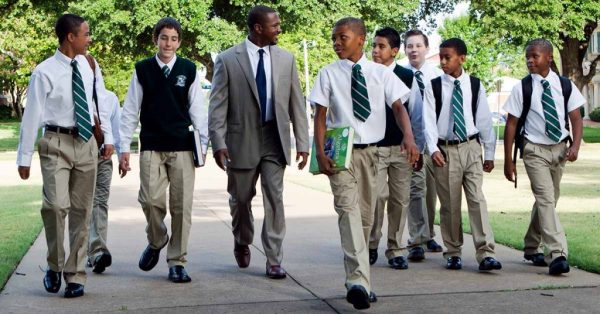
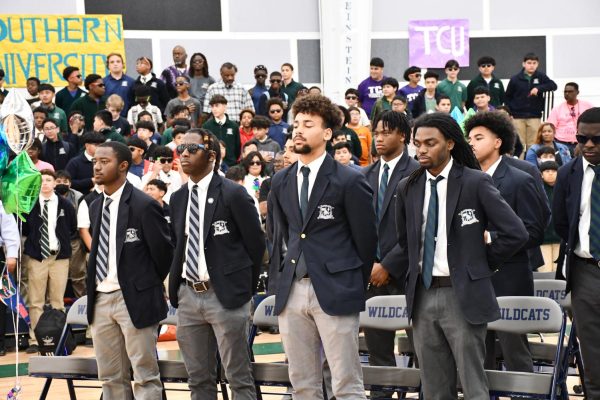
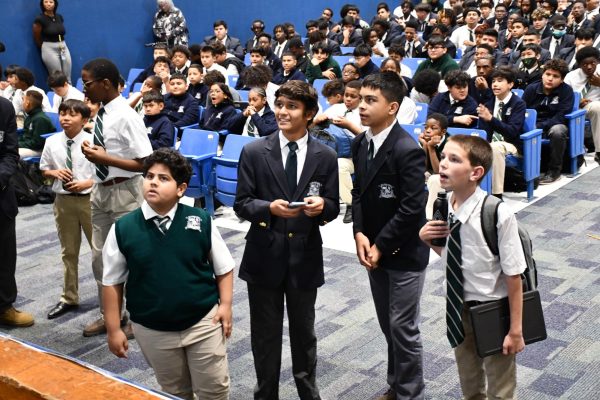
Consequences and Investigation
The consequences of the account’s actions extended beyond lighthearted posts, eventually prompting an investigation and revealing the serious impact of unregulated online behavior.
As the page gained more attention, it also drew the attention of school administrators. A middle school student, disturbed by one of the posts, reported it to an administrator, which led to the suspension of a senior (who was not involved) but was a victim of the page’s harassment. The “barstool” page’s “joke” about a student negatively impacted both middle and high schoolers.
Principal Rodney White conducted an investigation. The anonymity of the page owner made it difficult to identify the responsible party, and the page was ultimately deleted.
Harmless Fun or Harmful Behavior?
Some who support these “barstool” accounts argue that they are simply harmless fun. While some posts may highlight humorous moments or provide a platform for students to express themselves, the jokes often come at the expense of others and promote negativity.
The original concept of a “barstool” account was to uplift athletes by showcasing their achievements and hard work. The YMLA “barstool” account could have celebrated the unique students of YMLA; instead, it chose to mock and humiliate them.
True fun does not come at the expense of others. The YMLA “barstool” account serves as a cautionary example of what to avoid when attempting to create humor and represent students.
YMLA, as a school, must work together to find healthy ways to showcase its students without damaging the school’s public image or causing harm.

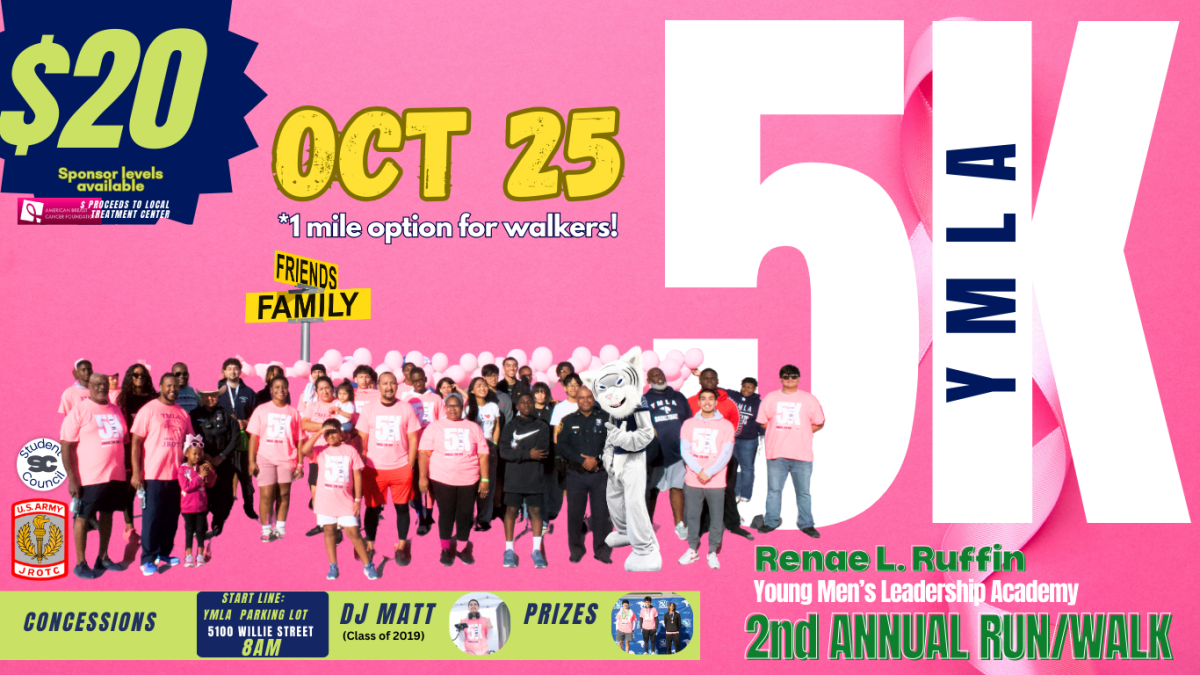
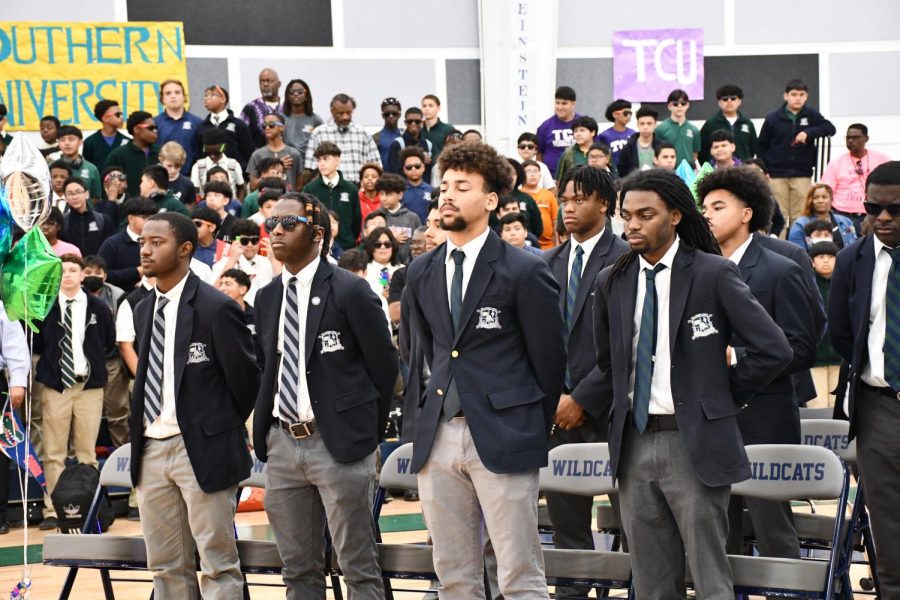
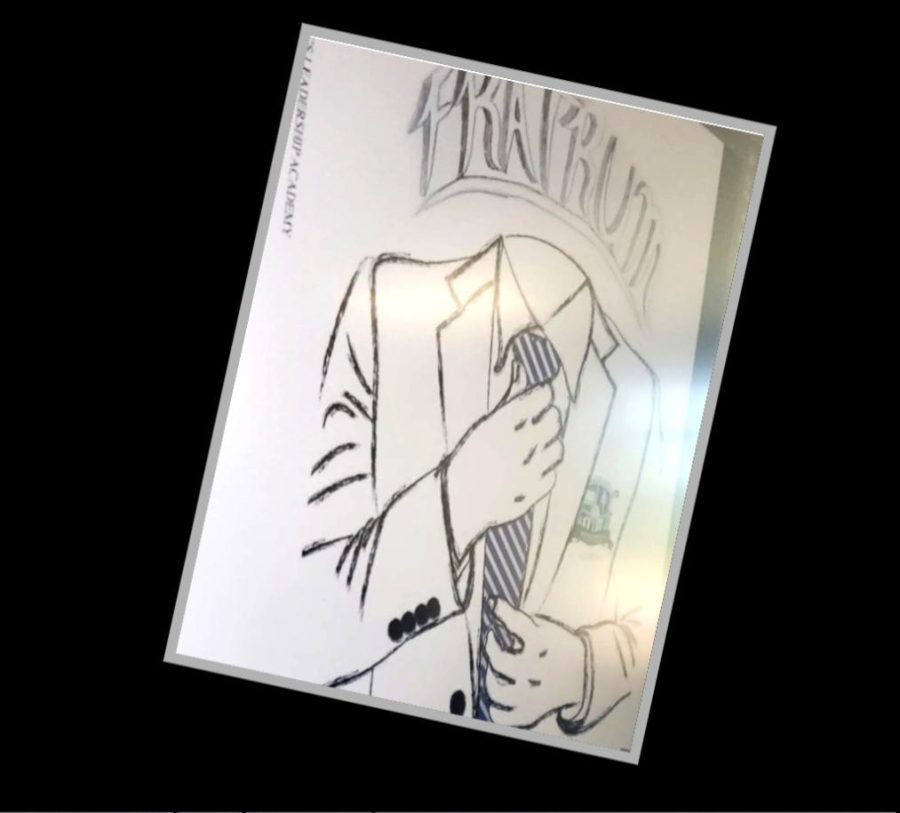
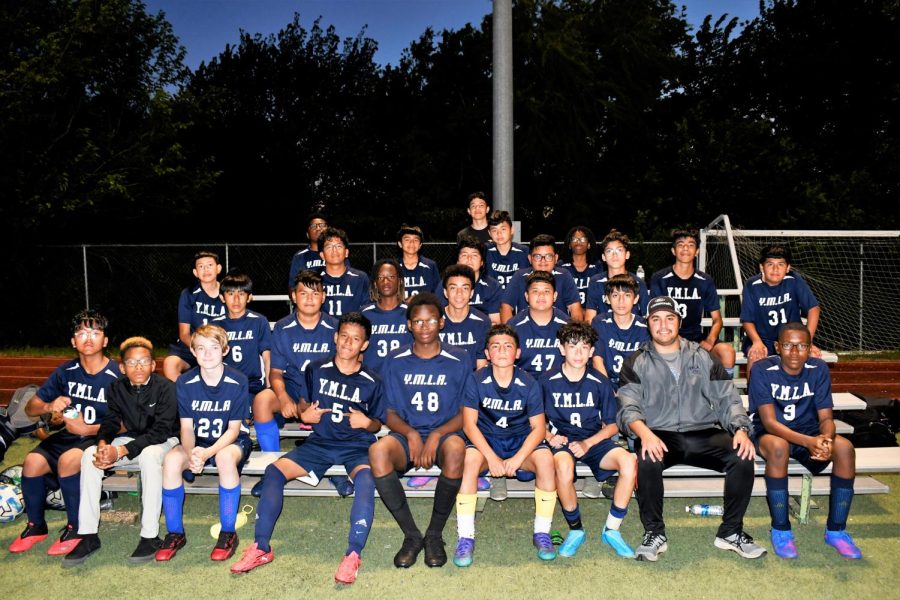

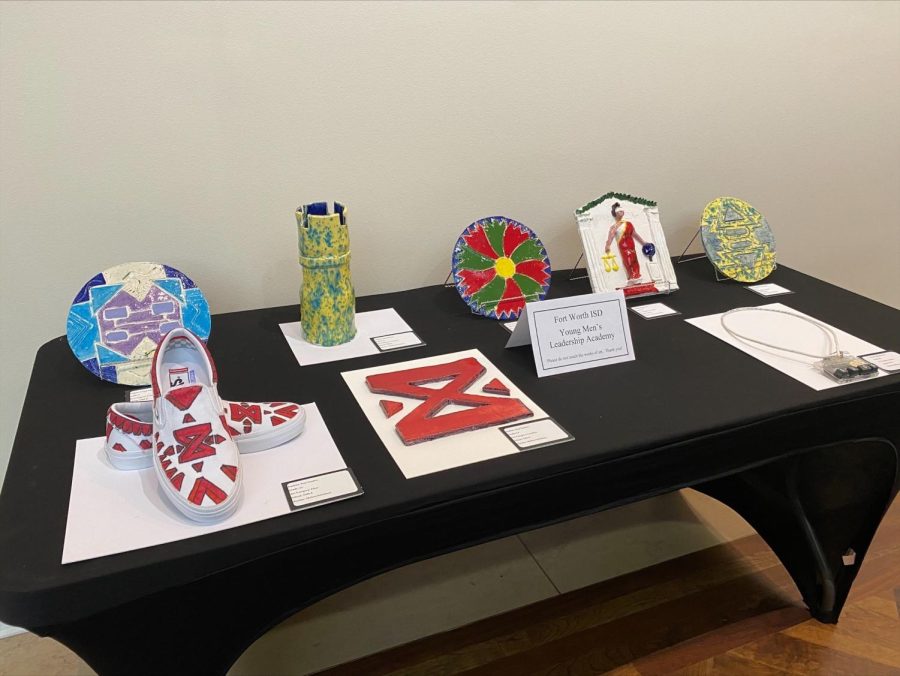


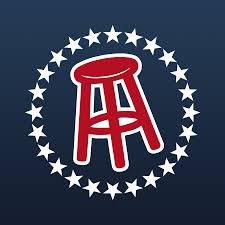

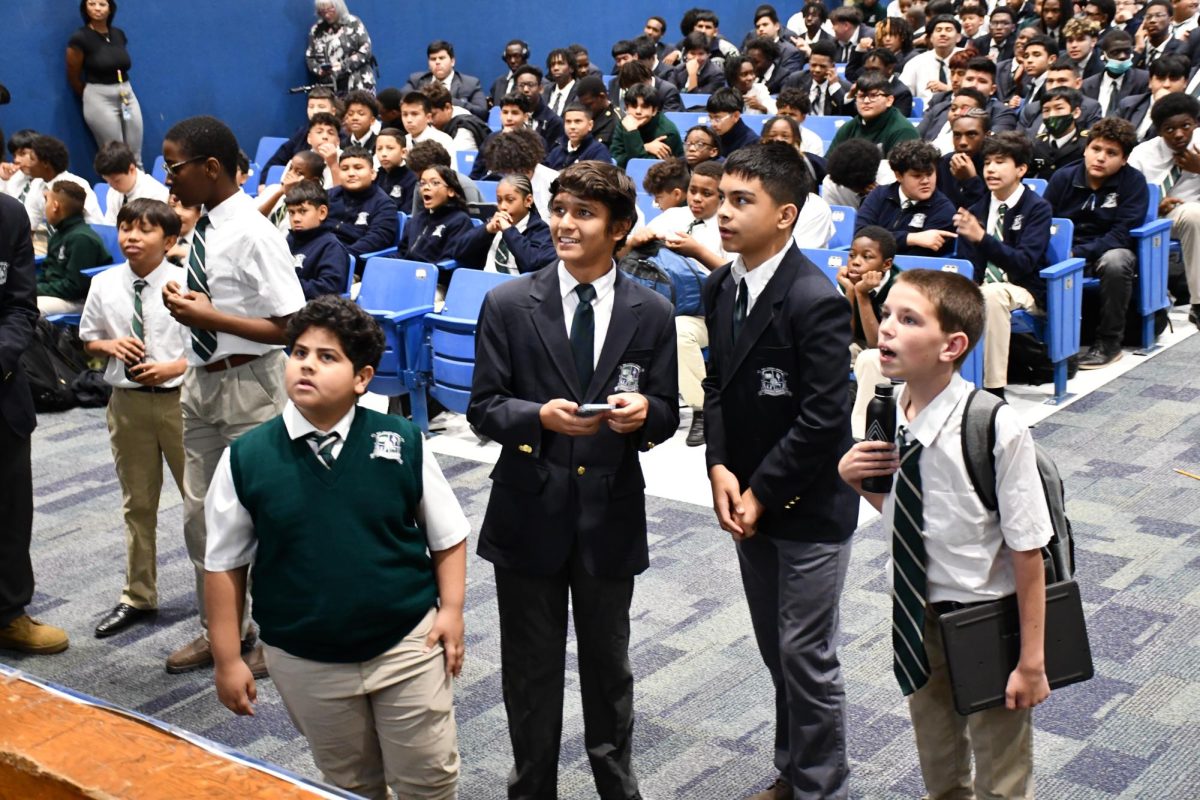
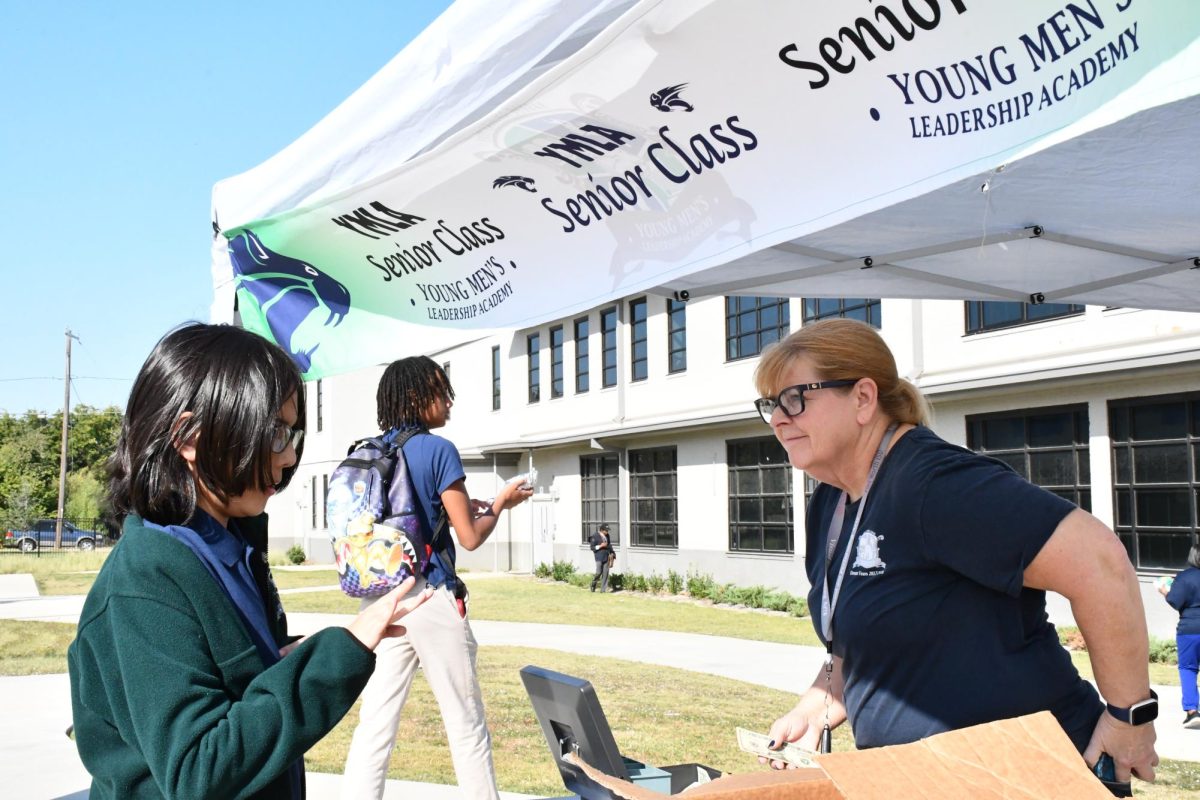
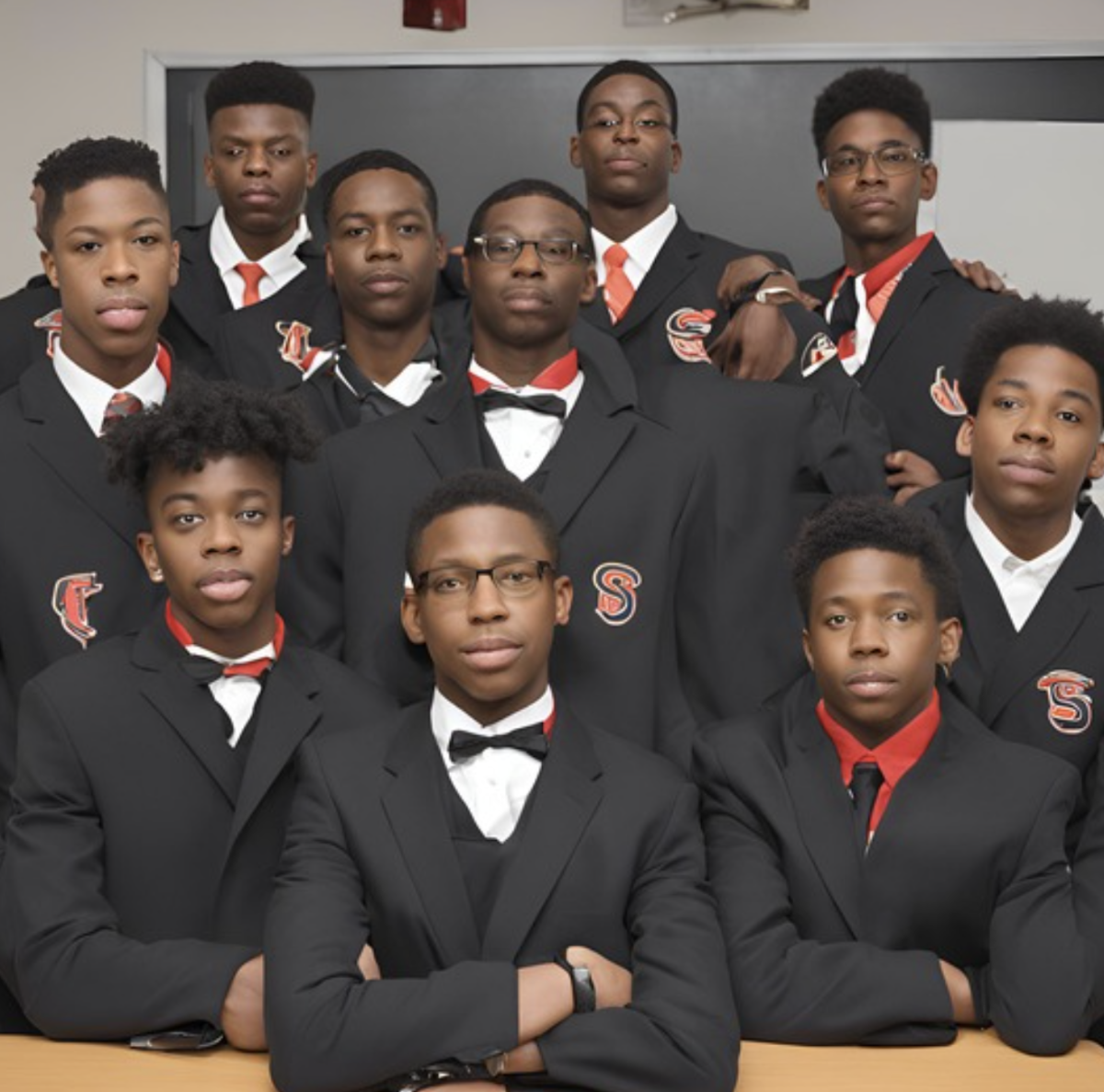
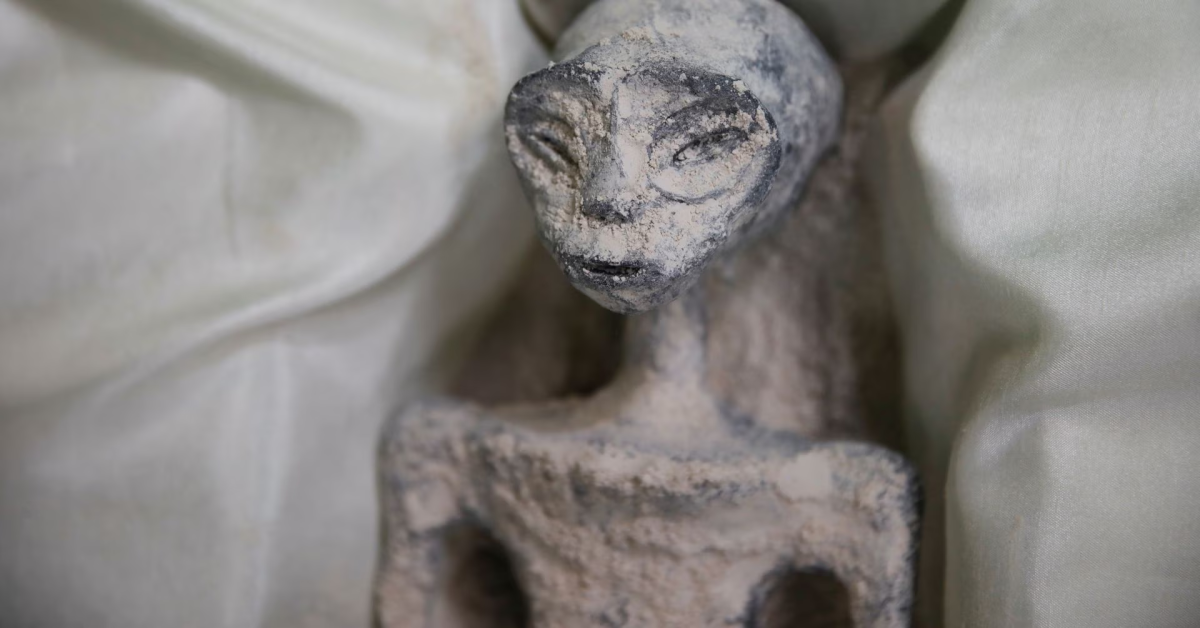
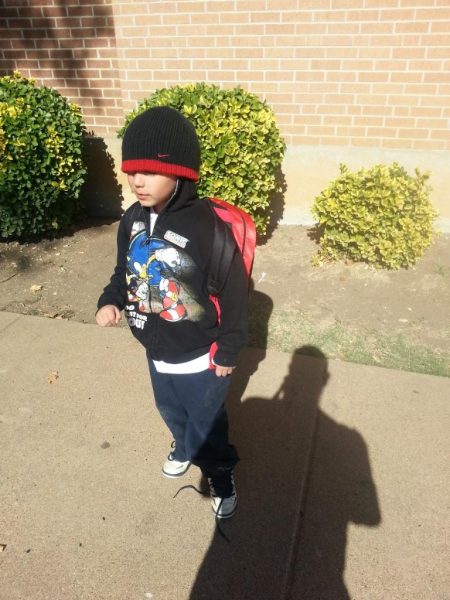

joel u • May 17, 2025 at 11:09 pm
1:14 that lexicon
Dilandimel Desman • May 16, 2025 at 10:30 pm The Gentlemen's Bugle Pick
Wow, I completely agree; the page was a very good idea at first to show YMLA Brotherhood and what we represent or just silly moments of YMLA, but the execution was horrible by posting horrible things and posting content without consent.